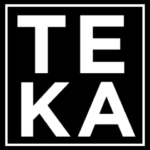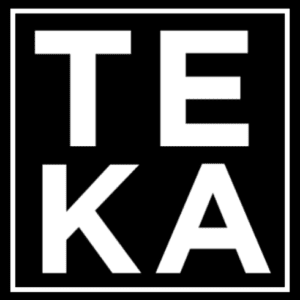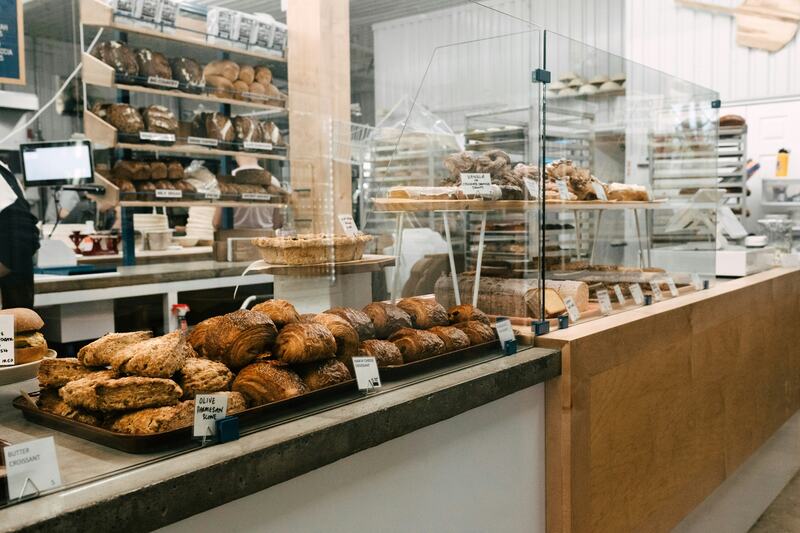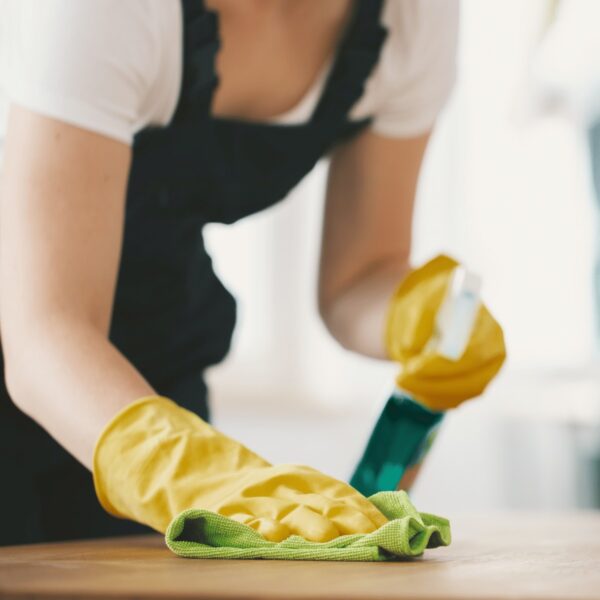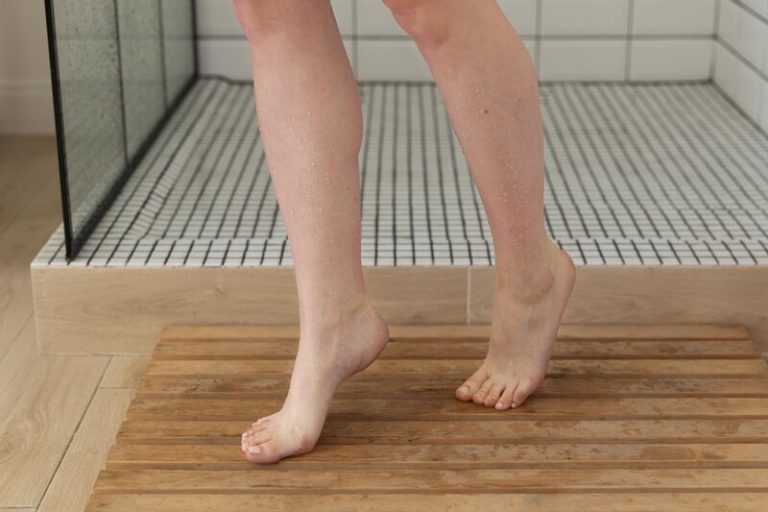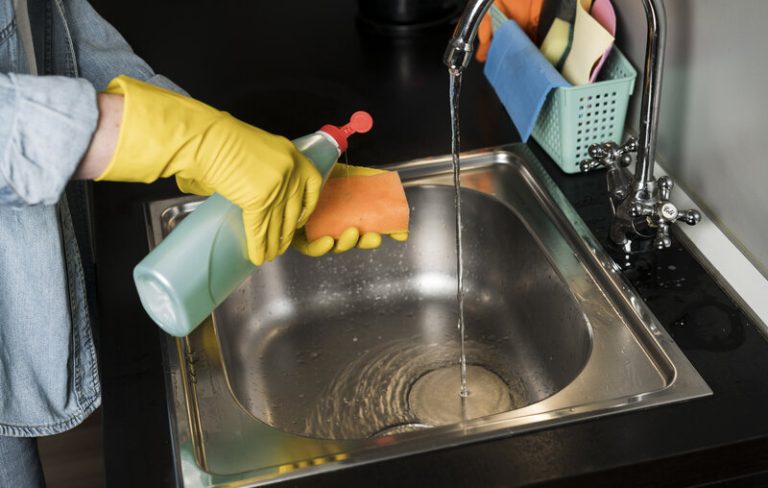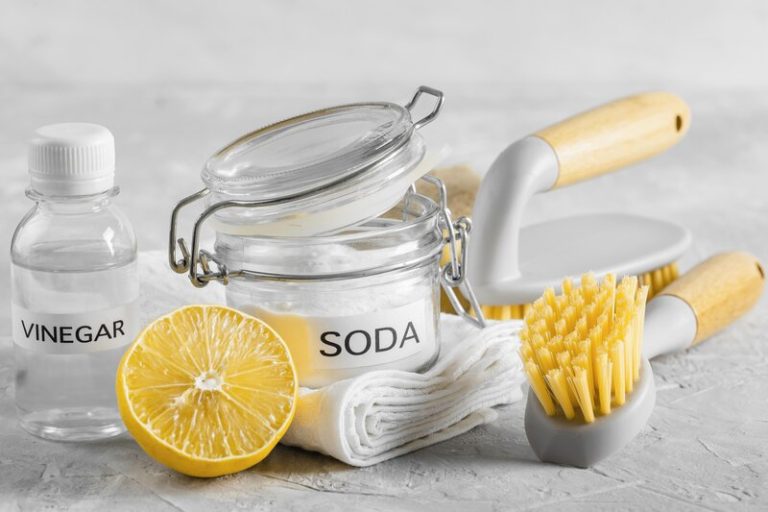A bakery cleaning checklist is essential for ensuring that your establishment meets health and safety standards while providing a welcoming environment for customers. Cleanliness in a bakery goes beyond aesthetics; it is critical for preventing cross-contamination and minimising the risk of foodborne illnesses. An effective cleaning routine not only protects your patrons but also helps maintain the quality of your baked goods.
Adhering to a structured cleaning regimen can significantly extend the life of your equipment, making it a wise investment for any bakery owner. From daily tasks to deeper cleaning schedules, this checklist will guide you through every necessary step to keep your bakery hygienic and compliant. By following this comprehensive guide, you can ensure that your bakery remains a safe and inviting space for both staff and customers alike.
Why is Bakery Cleaning Checklist Important?
A bakery cleaning checklist is crucial because maintaining cleanliness involves much more than just sweeping floors and wiping surfaces. The unique bakery environment, with its mixture of flour dust, fats, oils, and sugars, presents specific cleaning challenges that require systematic attention.
Accumulated residues from various ingredients can attract pests, foster bacterial growth, and create slip hazards, jeopardizing both product safety and employee well-being. A well-defined cleaning checklist not only helps staff manage daily tasks effectively but also ensures compliance with health codes, which can prevent costly fines and potential shutdowns.
By breaking down cleaning duties into daily, weekly, and monthly activities, bakeries can maintain high cleanliness standards. This proactive approach significantly reduces health risks associated with food production and enhances overall operational efficiency, contributing to a safer and more productive baking environment.
Daily Cleaning Tasks
These are the essential tasks that should be completed every day, ideally multiple times throughout the day, to maintain a high standard of cleanliness and minimise contamination risks.
a. Surface and Equipment Sanitisation
Preparation tables should be cleaned and sanitised before and after each baking cycle. Flour, sugar, and other fine powders can create a sticky residue when combined with oils, making these surfaces breeding grounds for bacteria if not routinely cleaned.
Mixers, blenders, and other machinery require thorough cleaning after each use. Flour, sugar, and dough particles tend to accumulate in small crevices, and if left unattended, they can harden, damaging equipment and creating potential contamination risks.
Display cases and countertops where baked goods are stored and handled must be wiped down regularly with food-safe sanitising agents. Even in the case of wrapped products, these areas can accumulate bacteria from human contact and environmental dust.
b. Oven Cleaning
Daily oven cleaning is essential for maintaining equipment longevity and product quality. At the end of each day, it’s crucial to remove crumbs, food residues, and grease from the oven’s interior surfaces, trays, and racks.
Many bakeries use ovens continuously throughout the day, so an overnight deep clean not only prolongs the life of your equipment but also ensures that residual particles don’t affect the quality of the next day’s baked goods. This routine will help maintain the taste and freshness of your products while minimizing the risk of cross-contamination.
c. Floors and Drains
Sweep and mop the floors throughout the day to minimise the accumulation of flour dust, which can become a serious slip hazard when combined with water or oil. Mopping at the end of the day with an anti-slip floor cleaner will help eliminate residue that could attract pests.
Drains should be cleaned daily to prevent clogging and the growth of mould or bacteria. Drainage areas can be easy to overlook but can quickly become breeding grounds for pests and pathogens if neglected.
d. Bins and Waste Disposal
Regularly emptying bins is crucial to maintaining a clean environment in a bakery. Empty bins frequently throughout the day and at the close of business to prevent organic waste from becoming odorous and attracting pests.
Ensure that bins are lined properly, lids are closed, and that both the external and internal surfaces are sanitised regularly. By including waste management as part of your bakery cleaning checklist, you help maintain overall hygiene and prevent contamination.
e. Handwashing and Sanitising Stations
To promote good hygiene practices, ensure that all handwashing stations are equipped with soap, hand sanitizers, and disposable towels. Throughout the day, check that dispensers are stocked and functioning to encourage frequent and proper handwashing among staff.
By reinforcing the importance of hand hygiene, you help minimize the risk of contamination and maintain a safe environment for food preparation, which is critical in any bakery setting.
Weekly Cleaning Tasks
Weekly cleaning tasks cover areas that don’t require daily attention but are essential to maintain a high level of cleanliness.
a. Deep-Cleaning Equipment
Set aside time each week to deep-clean equipment such as dough mixers, slicers, and scales. Dismantle parts and scrub crevices thoroughly, ensuring all traces of ingredients are removed.
This essential practice prevents residue build-up, which can impact equipment performance and create contamination risks. Integrating these tasks into your bakery cleaning checklist ensures nothing is overlooked, maintaining high hygiene standards..
b. Refrigerator and Freezer Maintenance
Weekly maintenance of refrigerators and freezers is vital for food safety. Start by removing all food items, then sanitise shelves and wipe down internal and external surfaces.
Check for expired ingredients and dispose of them properly. Neglecting spills, ice build-up, or forgotten foods can lead to bacteria growth, so including these tasks in your bakery cleaning checklist helps ensure a safe food storage environment.
c. Storage Area Organisation
Organising storage areas is key to a well-functioning bakery. Weekly, clean and arrange shelves, cupboards, and containers, ensuring that flour, sugar, and other bulk ingredients are stored in closed containers to prevent contamination.
Regular inspections also help you avoid stale or expired ingredients in your baked goods. Adding this task to your bakery cleaning checklist streamlines inventory management and promotes a safer cooking environment.
d. Ventilation and Air Duct Cleaning
Air circulation systems are often neglected but require weekly cleaning to remove accumulated flour dust and grease particles. These contaminants can impair system performance and affect air quality.
Regularly cleaning ducts and fans helps maintain good air circulation and prevents dust from settling on clean surfaces. Including this in your bakery cleaning checklist is essential for creating a safe and healthy baking environment.
Monthly Cleaning Tasks
Monthly cleaning targets those parts of the bakery that aren’t exposed to direct food contact but still impact the hygiene and overall condition of the environment.
a. Walls and Ceilings
Over time, bakery walls and ceilings gather dust, oil, and flour particles, which can contaminate food prep areas. A thorough monthly scrubbing not only prevents this build-up but also enhances the overall cleanliness of the environment.
Including this in your bakery cleaning checklist ensures that every inch of your space is taken care of, contributing to food safety and hygiene.
b. Deep-Clean Floor Mats and Carpets
Floor mats play a critical role in trapping dust and debris, preventing contaminants from entering food preparation areas. Monthly deep cleaning is essential to maintain their effectiveness, ensuring they don’t become breeding grounds for dirt and germs.
Incorporating this task into your bakery cleaning checklist helps uphold a hygienic environment, essential for food safety.
c. Inspect and Clean the Exterior
Keeping the bakery’s exterior clean is vital for presenting a positive image while also reducing potential contamination sources. Monthly cleaning of doors, windows, and signage enhances the aesthetic appeal and hygiene of the establishment.
Adding this to your bakery cleaning checklist ensures that every aspect of your bakery is inviting and sanitary.
d. Full Inventory Check
A monthly inventory check is crucial for maintaining a well-stocked and safe bakery. This includes reviewing all ingredients and supplies, discarding expired or damaged items. Proper stock rotation promotes freshness and helps prevent cross-contamination.
By including this in your bakery cleaning checklist, you ensure that all products used are safe and of the highest quality.
Additional Tips for Maintaining Bakery Cleanliness
Maintaining a clean bakery is essential for food safety and quality. Here are some valuable tips to enhance your cleaning routine:
a. Pest Control
Protecting your bakery from pest infestations is crucial for maintaining a safe environment. Regular inspections, setting traps, and sealing entry points can significantly reduce risks.
To ensure comprehensive protection, consider hiring a pest control service on a monthly or quarterly basis. Including pest control measures in your bakery cleaning checklist reinforces the commitment to cleanliness and safety.
b. Employee Training and Accountability
Training sessions are vital for instilling a culture of cleanliness among your bakery staff. Regularly educating employees about cleaning procedures ensures everyone understands their role in maintaining hygiene.
By assigning specific cleaning duties, you promote accountability and thoroughness in your operations. Including training in your bakery cleaning checklist emphasizes the importance of a clean working environment.
c. Maintain a Cleaning Schedule
A well-structured cleaning schedule is key to consistent cleanliness in your bakery. Implement a cleaning log to document completed tasks, which helps your team stay organized and focused. This log also allows you to identify areas that require more attention.
Designating a supervisor to oversee and verify that all tasks meet your standards will enhance accountability. Make sure this practice is included in your bakery cleaning checklist for optimal results.
Incorporating a bakery cleaning checklist into your daily operations is vital for maintaining a hygienic and safe environment. By following these guidelines, you can ensure compliance with health regulations and create a welcoming atmosphere for your customers.
A clean bakery not only protects your patrons but also enhances your reputation and extends the lifespan of your equipment. However, managing cleanliness can be overwhelming, especially during busy periods. That’s where TEKA Cleaning comes in. Instead of juggling cleaning tasks yourself, consider our professional commercial cleaning services.
With just one call to TEKA Cleaning at 01223 751 544, you can schedule a thorough deep cleaning that guarantees your bakery remains spotless and compliant, allowing you to focus on what you do best—baking delicious treats!
Read also:
